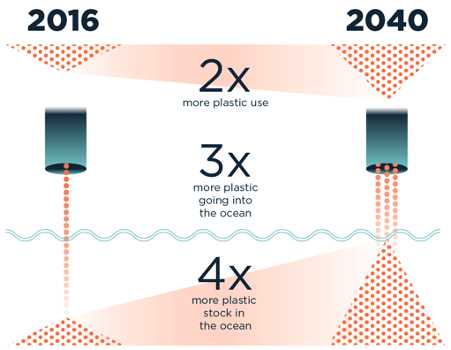
In recent years, the issue of plastic pollution has gained significant attention due to its detrimental effects on the environment and human health. Many countries around the world are increasingly considering implementing a ban on single-use plastics in an effort to mitigate this problem. However, such a ban would undoubtedly have a profound impact on the economy of a country.
One of the main concerns regarding a plastic ban is its potential effect on industries that rely heavily on plastic production and usage, such as packaging, manufacturing, and retail. These industries contribute significantly to a country’s GDP and employment rates. A ban on plastics would require these industries to find alternatives and adapt their production processes, leading to potential job losses and economic disruptions.
On the other hand, a plastic ban would also open up new opportunities for industries focused on developing and producing alternative materials. Companies that specialize in biodegradable materials, paper-based products, and other environmentally friendly solutions would see increased demand for their products. This could stimulate innovation and investment in these sectors, creating new jobs and driving economic growth.
Furthermore, a plastic ban would have long-term cost-saving benefits for a country. The environmental damage caused by plastic pollution, such as harm to marine life and ecosystems, requires significant resources to address and clean up. By reducing plastic waste, a country can save on these costs and direct its resources towards more sustainable initiatives. In addition, reducing reliance on plastics can lead to decreased dependence on fossil fuels, which can have positive economic impacts by diversifying energy sources and reducing import expenditures.
In conclusion, implementing a plastic ban would undoubtedly have a significant economic impact on a country. The potential job losses and disruptions in industries that rely on plastic would need to be carefully managed and mitigated. However, the ban could also create new opportunities for industries focused on alternative materials, stimulate innovation, and result in long-term cost savings. Ultimately, striking a balance between environmental concerns and economic considerations will be crucial in achieving sustainability and promoting a circular economy.
- The Economic Effects of Banning Plastic
- Cost of Implementation
- Job Creation
- Tourism and Image
- Environmental Benefits
- The Environmental Consequences of Plastic Waste
- Plastic Bans in Various Countries
- The Potential Economic Impact of a Plastic Ban
- Case Studies: Countries that have Implemented Plastic Bans
- Rwanda
- Kenya
- Question-answer:
- What is a plastic ban?
- What is the potential economic impact of a plastic ban on a country’s economy?
- How can a plastic ban affect small businesses?
- What are some potential challenges of implementing a plastic ban?
- Are there any examples of countries that have successfully implemented a plastic ban?
- What is the potential economic impact of a plastic ban on a country’s economy?
The Economic Effects of Banning Plastic
In recent years, there has been growing concern about the environmental impact of plastic waste, leading to a global movement towards banning certain single-use plastic items. While the goal of reducing plastic waste is important for the health of our planet, it is also important to consider the potential economic effects of implementing a plastic ban.
Cost of Implementation
One of the main economic considerations of banning plastic is the cost of implementation. Businesses that rely on plastic packaging or products will need to find alternative materials, which may be more expensive or less readily available. This could lead to increased costs for businesses, which may be passed on to consumers in the form of higher prices.
Job Creation
On the flip side, the plastic ban could also create new job opportunities in industries that produce alternative materials. For example, companies that produce biodegradable packaging or reusable products may need to increase their production capacity, leading to a demand for more workers. This could potentially offset any job losses in the plastic industry and contribute to economic growth.
Tourism and Image
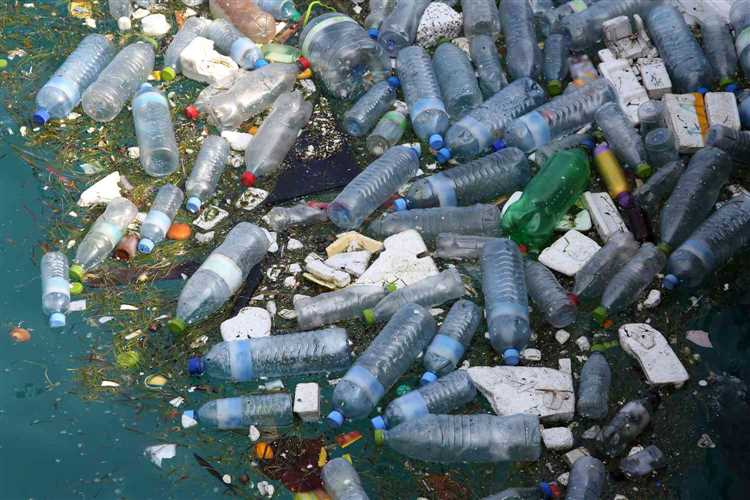
Implementing a plastic ban can also improve a country’s image and attract more tourists. Many tourists are increasingly concerned about plastic pollution and are more likely to visit destinations that have taken steps to reduce plastic waste. This can have a positive impact on the tourism industry, leading to increased revenue and job creation in related sectors such as hospitality and transportation.
Environmental Benefits
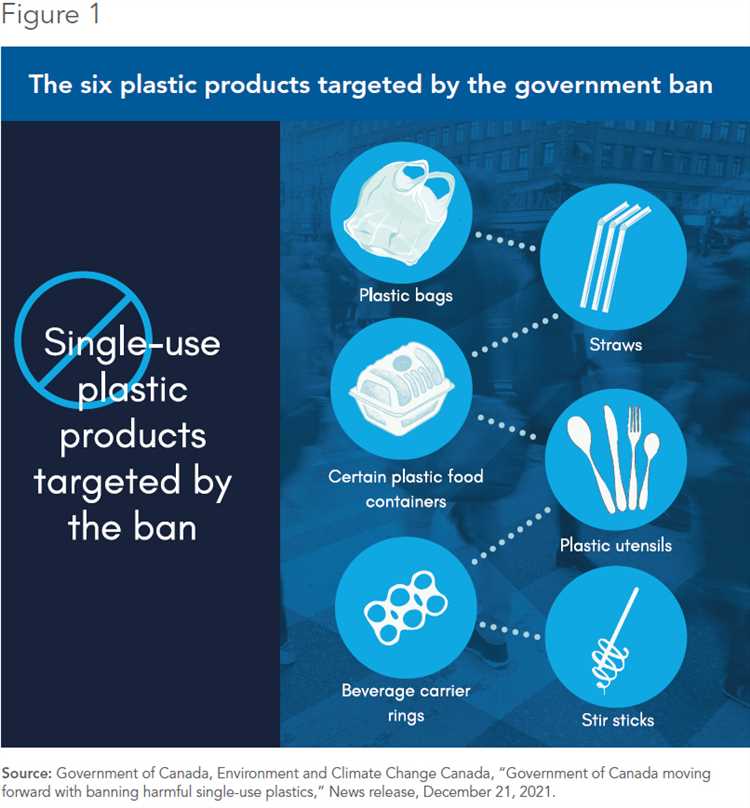
While the focus of this discussion is on the economic effects, it’s important to note that a plastic ban can also have significant environmental benefits. By reducing plastic waste, we can protect our oceans, wildlife, and ecosystems, which in turn can support the economy in the long term. For example, a healthier marine environment can sustain fisheries and tourism-related activities, providing economic opportunities for coastal communities.
- Conclusion:
While there may be short-term economic challenges associated with implementing a plastic ban, the long-term benefits can outweigh these costs. The potential job creation, improved image, and environmental benefits can contribute to a more sustainable and resilient economy. It is important for policymakers and businesses to work together to find innovative solutions and strategies that minimize the negative economic impacts while maximizing the positive outcomes of a plastic ban.
The Environmental Consequences of Plastic Waste
Plastic waste has become a major environmental issue in recent years, with devastating consequences for the planet. When plastic products are discarded, they often end up in landfills or make their way into oceans and waterways, where they can take hundreds of years to break down.
One of the major consequences of plastic waste is its impact on marine life. Many marine animals mistake plastic for food and ingest it, causing internal injury or even death. Sea turtles, for example, often mistake plastic bags for jellyfish and suffer from gastrointestinal blockages when they consume them. Additionally, plastic waste can entangle marine animals, such as seals and dolphins, leading to suffocation or drowning.
The pollution caused by plastic waste is not limited to marine ecosystems. When plastic breaks down into smaller pieces, known as microplastics, it can contaminate soil and freshwater sources. These microplastics can then be ingested by land animals and enter the food chain, potentially harming humans who consume contaminated seafood or other products.
Plastic waste also contributes to greenhouse gas emissions and climate change. The production of plastics requires the extraction and processing of fossil fuels, which releases carbon dioxide into the atmosphere. Additionally, when plastic waste decomposes, it releases methane, a potent greenhouse gas that contributes to global warming.
Efforts to mitigate the environmental consequences of plastic waste include recycling programs, waste reduction initiatives, and the development of biodegradable alternatives to traditional plastic products. However, achieving significant progress in reducing plastic waste requires a combination of individual actions, government policies, and international collaboration.
- Reduce the use of single-use plastics like plastic bags, straws, and water bottles
- Ensure proper disposal of plastic waste through recycling or proper waste management systems
- Encourage businesses to adopt sustainable packaging solutions
- Support research and development of biodegradable plastics and alternative materials
- Promote education and awareness campaigns to inform the public about the environmental impacts of plastic waste
By addressing the environmental consequences of plastic waste, we can help protect ecosystems, preserve biodiversity, and create a more sustainable future for generations to come.
Plastic Bans in Various Countries
Plastic bans have been implemented in various countries around the world to mitigate the detrimental effects of plastic pollution on the environment and human health. These bans aim to reduce the consumption of single-use plastics, promote the use of sustainable alternatives, and encourage recycling and waste management practices.
One of the leading countries in implementing plastic bans is Rwanda. In 2008, Rwanda introduced a nationwide ban on non-biodegradable plastic bags. This ban has significantly reduced plastic waste and improved environmental conditions in the country. Other African countries, such as Kenya and Mauritania, have also implemented similar bans on plastic bags.
In Europe, countries like France and Italy have implemented bans on single-use plastics, including plastic cutlery, plates, and straws. These bans aim to reduce the amount of plastic waste generated and promote the use of more sustainable alternatives, such as biodegradable or reusable materials.
Asian countries have also taken steps to combat plastic pollution. India, for example, has implemented a ban on the manufacture, sale, and use of single-use plastics in certain states. China has also implemented similar bans and restrictions on single-use plastics, in an effort to combat its growing plastic waste problem.
The impact of plastic bans on these countries’ economies has been mixed. While the bans have led to increased demand for alternative products and created new business opportunities in the manufacturing and production sectors, there have also been challenges in transitioning away from plastic. Some businesses and industries heavily reliant on plastic have faced difficulties in finding suitable alternatives and adapting to new regulations.
Overall, plastic bans in various countries have shown promising results in reducing plastic waste and promoting sustainable practices. However, the economic impact of these bans varies depending on the country’s level of preparedness, availability of alternative materials, and support for recycling and waste management infrastructure.
The Potential Economic Impact of a Plastic Ban
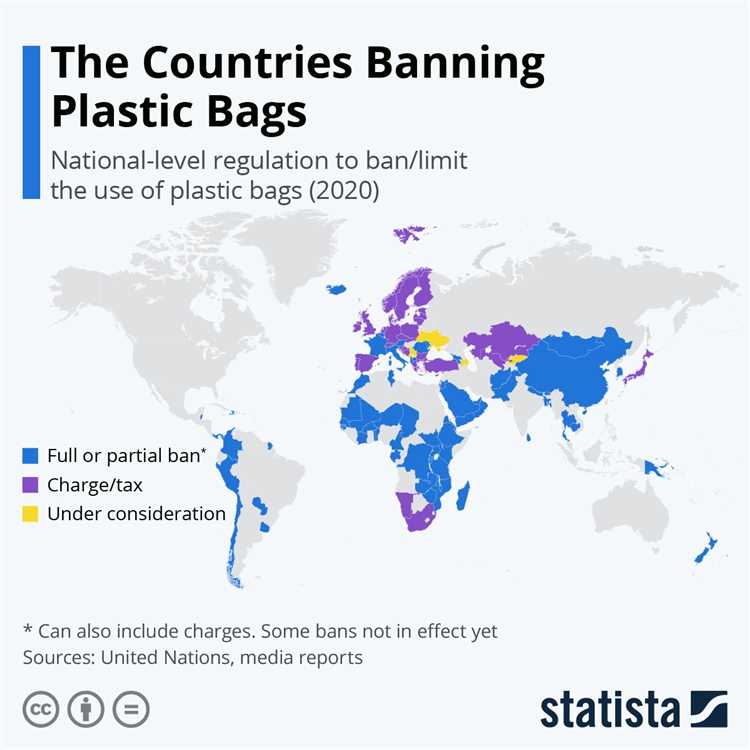
Plastic has become an integral part of our daily lives, but its impact on the environment cannot be overlooked. As concern about plastic pollution grows, many countries are considering implementing a plastic ban to reduce the use of single-use plastics.
While a plastic ban may have positive environmental effects, its economic impact is a subject of debate. Proponents argue that a plastic ban can create new opportunities for businesses and boost the economy in the long run. By encouraging the development of alternative packaging materials, such as biodegradable or reusable options, the ban could foster innovation and create jobs in the manufacturing sector.
Additionally, a plastic ban can reduce waste management costs for governments. With fewer plastics in circulation, the need for recycling and waste disposal facilities would decrease, leading to potential savings for municipalities. These saved resources could be redirected towards other priority areas, such as healthcare or education.
However, critics of a plastic ban raise concerns about the potential short-term economic costs. Plastic production and distribution industries are significant employers in many countries, and a sudden ban on plastics could lead to job losses in these sectors. Moreover, businesses that heavily rely on plastic packaging may face increased costs as they adapt to alternative materials.
It is important to consider both the short-term and long-term effects of a plastic ban. While there may be initial challenges, such as market disruptions and transition costs, the overall economic impact can be positive. As consumers and businesses adapt to new packaging alternatives, opportunities for growth and innovation may arise. Additionally, the long-term savings from reduced waste management costs can be significant.
In conclusion, a plastic ban has the potential to impact an economy in various ways. It can spur innovation, create jobs, and lead to long-term cost savings. However, the short-term economic costs and adjustments should also be considered. To effectively mitigate these challenges, governments should implement supportive policies and provide assistance to affected industries and workers during the transition period.
Case Studies: Countries that have Implemented Plastic Bans
As concerns about the environmental impact of plastic waste continue to grow, several countries have taken decisive action by implementing plastic bans. These bans aim to reduce the consumption of single-use plastics and encourage the use of more sustainable alternatives. By examining the experiences of these countries, we can gain insights into the potential economic impact of such bans.
Rwanda
Rwanda is often hailed as a success story when it comes to plastic bans. In 2008, the country implemented one of the world’s strictest plastic bag bans, prohibiting the importation, production, sale, and use of plastic bags. The ban had a significant impact on the country’s economy, as it created new opportunities for local manufacturers of alternative packaging materials such as paper bags and cloth bags. This led to the growth of a new industry and the creation of jobs, boosting the economy.
Furthermore, the ban has had positive environmental effects. It significantly reduced plastic waste and improved the cleanliness of the country. Rwanda’s success has inspired other African countries to follow suit and implement their own plastic bans.
Kenya
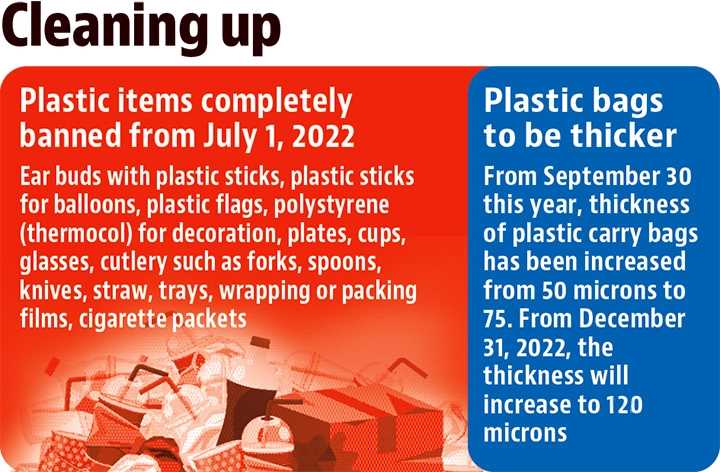
In 2017, Kenya introduced a plastic ban that targeted plastic bags. The ban imposed heavy fines and even prison sentences for violations. The impact on the economy was initially challenging, as many businesses relied on plastic bags for packaging and transporting goods. However, over time, Kenya’s economy adapted, and alternatives such as paper bags and reusable cloth bags became more readily available.
The ban also brought about positive changes in waste management and environmental conservation. The reduction in plastic waste led to cleaner cities, improved drainage systems, and less pollution in water bodies. This, in turn, has had positive impacts on sectors such as tourism and agriculture.
It is worth noting that the economic impact of plastic bans may differ from country to country, depending on various factors such as the size of the economy, the level of industrialization, and the availability of alternatives. Nonetheless, these case studies demonstrate that plastic bans can bring about positive economic and environmental outcomes in the long run.
Question-answer:
What is a plastic ban?
A plastic ban refers to a government policy or regulation that restricts or prohibits the use, production, or sale of certain types of plastic products in order to reduce plastic waste and environmental pollution.
What is the potential economic impact of a plastic ban on a country’s economy?
The potential economic impact of a plastic ban on a country’s economy can be significant. On one hand, it may lead to job losses in the plastic manufacturing industry and related sectors. On the other hand, it can create opportunities for new industries and jobs in the production of alternative materials and recycling. Additionally, by reducing environmental costs, such as cleaning up plastic waste and addressing pollution, a plastic ban can have long-term positive effects on a country’s economy.
How can a plastic ban affect small businesses?
A plastic ban can have both positive and negative effects on small businesses. On one hand, it may require small businesses to find alternatives to plastic packaging, which can increase their costs initially. However, it can also provide opportunities for small businesses to differentiate themselves by offering eco-friendly alternatives and attract a growing number of environmentally conscious consumers.
What are some potential challenges of implementing a plastic ban?
Implementing a plastic ban can come with several challenges. One challenge is the resistance from industries that rely heavily on plastic, such as packaging and manufacturing. Another challenge is the need for effective enforcement and monitoring systems to ensure compliance with the ban. Additionally, there may be concerns about the affordability and availability of alternative materials, especially for lower-income consumers.
Are there any examples of countries that have successfully implemented a plastic ban?
Yes, there are countries that have successfully implemented a plastic ban. For example, Rwanda has banned plastic bags since 2008 and has seen significant improvements in cleanliness and environmental preservation. Similarly, countries like Kenya, Bangladesh, and France have implemented plastic bag bans with varying degrees of success. These examples show that with proper planning, public education, and enforcement, a plastic ban can be effectively implemented.
What is the potential economic impact of a plastic ban on a country’s economy?
The potential economic impact of a plastic ban on a country’s economy can be significant. On the positive side, it can create new jobs and business opportunities in the recycling and alternative materials industries. It can also reduce the costs associated with waste management and cleanup. However, there may be short-term negative effects as well, such as job losses in the plastic manufacturing industry and increased costs for businesses that rely heavily on plastic packaging. Overall, it is important to consider both the potential benefits and drawbacks before implementing a plastic ban.